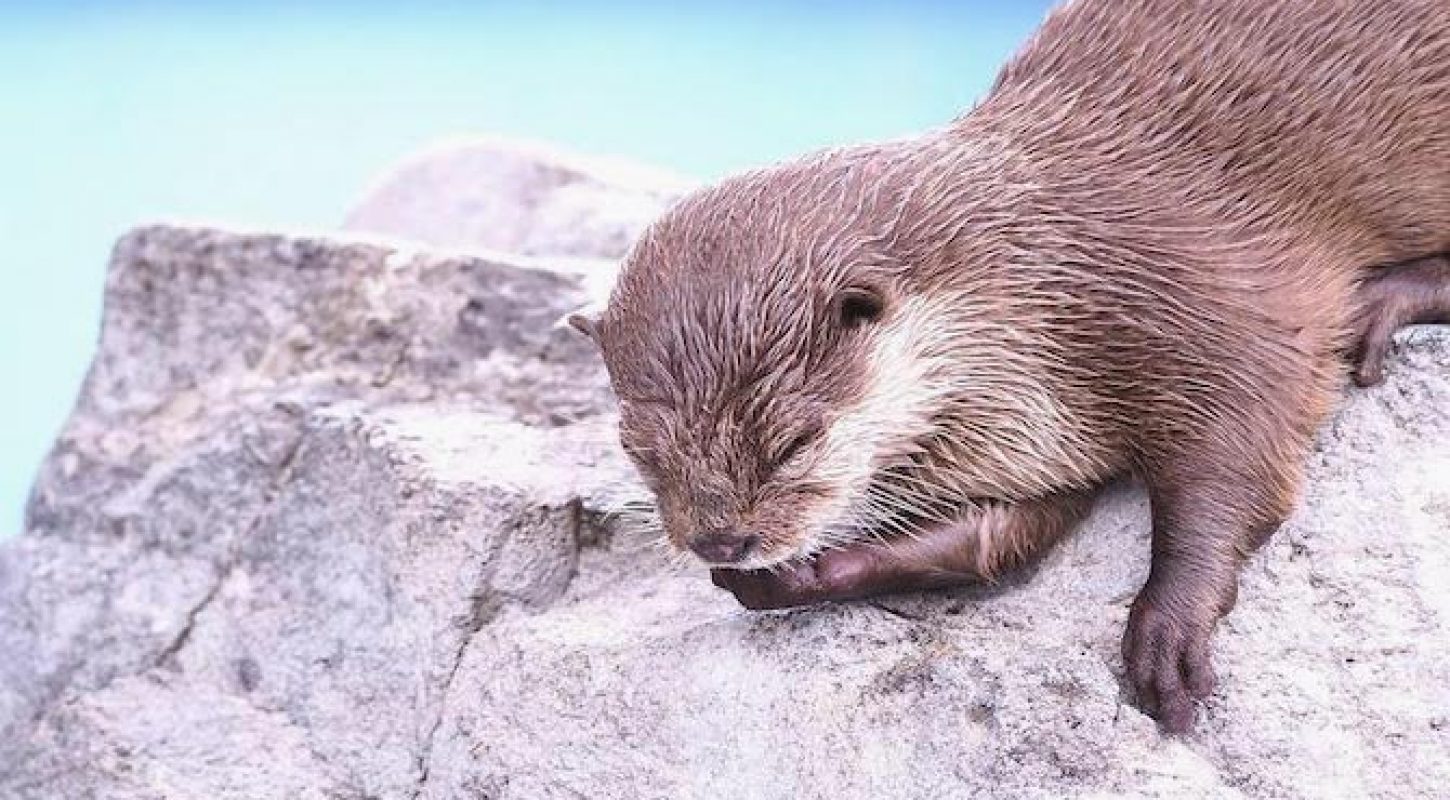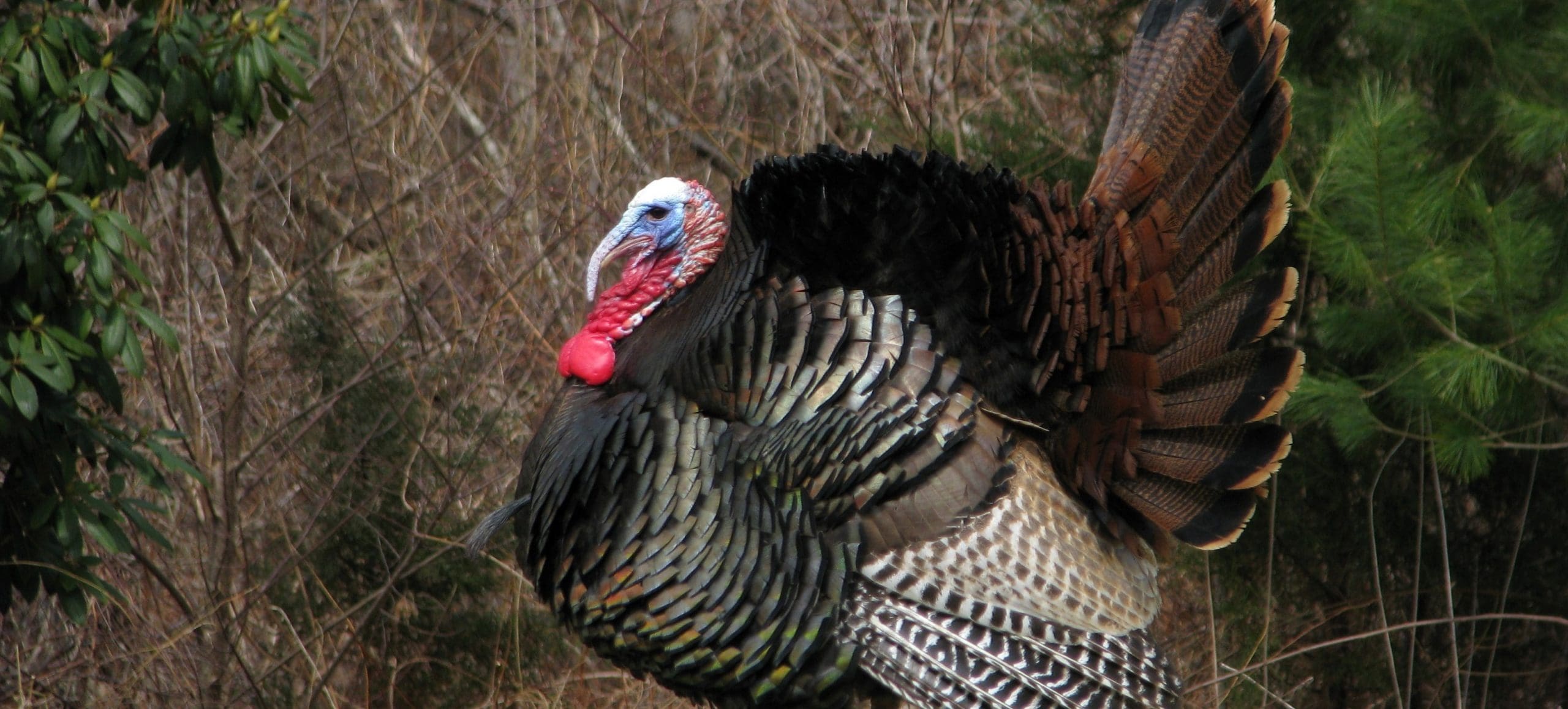Guest Blog by International Otter Surivial Fund
The problem of the illegal wildlife trade and poaching is well known. We have all heard about elephants, tigers, rhinos and leopards being killed for their fur and ivory – but what about Otters? More often than not, despite being at the forefront of trade, otters are forgotten. For every 1 tiger fur seized, 10 otter skins will be found (Hussain, pers. comm., October 2007). One seizure in Tiber had 778 otter skins (Ellis, 2005)!
In Asia this is having massive implications on wild otter populations and in places they are becoming locally extinct. So, where is the demand coming from? Most demand is for their fur and comes predominantly from China with imports mainly from bordering Asian countries; around 50% of otter furs come from India.

778 otter skins – the people in the photo give an indication of scale and the skins continue into the shade and beyond! © Conservation International – photo taken from “Reduction of Tiger Skin Consumption in Tibet”, Conservation International China, 2006
Fur aside the pet trade is also a major issue. In Jakarta, Indonesia alone (only 3.6% of Indonesia’s total population) there are around 800 pet otters. Given the popularity of otters within the country, the actual numbers kept as pets is alarming.
So where do they get these pet otters from? It’s quite simple and incredibly inhumane – poachers kill the mother before stealing her cubs and smuggling them, sometimes inside suitcases. The mother otter is very protective of her cubs and by killing the mother it allows easy and unrestricted access to her litter. They are kept in atrocious conditions until someone wants them. Even then the new owner may not know how to care for them properly so they die and the owner will find a way to getting his hands on another one.
One of the major factors driving demand for pet otters is the circus industry. Otters are displayed as cute, playful and highly intelligent – a perfect pet. This couldn’t be further from the truth as otters are animals that are meant to be in the wild! Plus, they can be aggressive and are actually pretty smelly! Recently, ‘Otter cafés’ have opened in Japan, allowing customers a chance to play with otters, creating even more demand.

Asian short-clawed otter cub in Indonesian market ©Scorpion Foundation
So how can YOU help? International Otter Survival Fund (IOSF) has an ‘Illegal Trade Fund’ to help engage in a number of projects across the world to tackle these serious threats to otters.
IOSF has held many training workshops in various regions (including Jakarta) to educate on the implications of the illegal trade and has worked among government officials to encourage tighter law enforcement and anti-corruption.
In 2018, IOSF heads to Laos, bringing together people from throughout the country, as well as China and Myanmar, a major route for otter trade in Asia. We will train more local people in otter work – research, education/public awareness. It is vital that it is local people who do the work in Asian countries as they know the real problems, the best way to solve them and how to get local communities working with them.
And we know that the workshops do work and their effect in communities is ongoing. Immediately after the Cambodia workshop a fisherman found a hairy-nosed otter in his nets. He could have killed it and got about $200 for the fur but instead he rescued it and contacted one of the community workers. It was taken to a rescue centre and cared for there.
 Bangladesh workshop talking to people in local fishing village ©IOSF
Bangladesh workshop talking to people in local fishing village ©IOSF
 Participants of Chinese workshop working with local primary schools ©IOSF
Participants of Chinese workshop working with local primary schools ©IOSF
IOSF is also working alongside the Scorpion Foundation to reduce the pet trade in Indonesia. Together we are working on law revision to ensure ownership of otters is illegal (currently only 2 of the 4 species native to Indonesia are protected), law enforcement and community education. Combining all these factors we can reduce the demand of otters and encourage communities to transfer their love of otters to helping wild populations
SO WHAT CAN YOU DO?
- Donate at ottershop.co.uk and put ‘Illegal Trade’ in the message. All money raised goes to support the workshops and investigations further into the illegal trade.
- Follow our work on Social Media through Facebook, Twitter and Instagram, and sign up to our e-updates on the web page.
- Otters face a lack of awareness – so share IOSF’s posts and make all your friends aware of otter conservation and what we are trying to do.
- If you come across incidents of trade either for fur or pets you can report them anonymously – Find out how on the Otter Records section at http://www.otter.org/Public/HelpUs.aspx
Let’s not sit back and let this happen, let’s make a difference!
Photo Credit: Sia7




